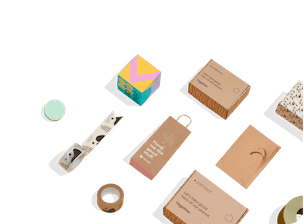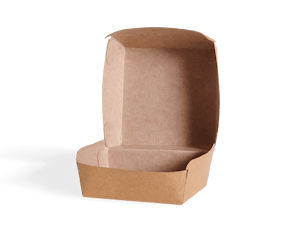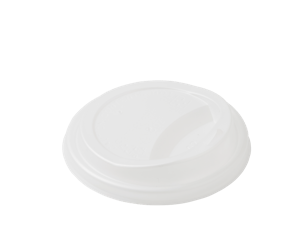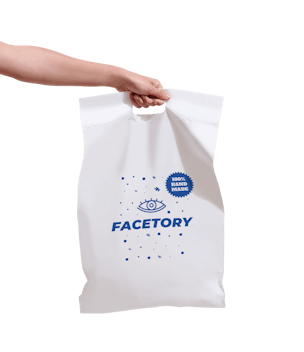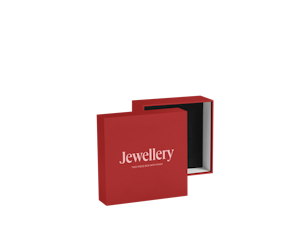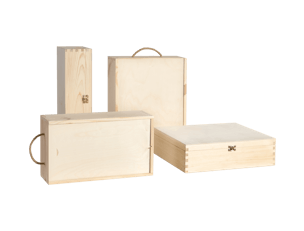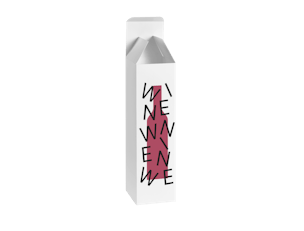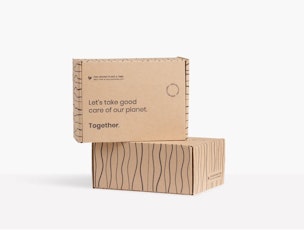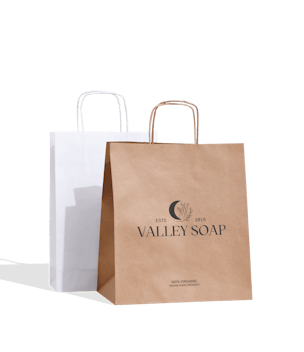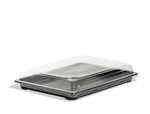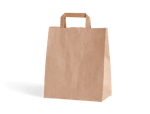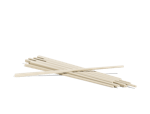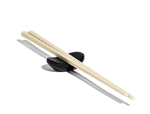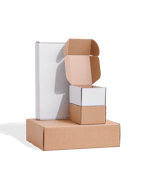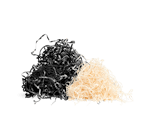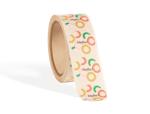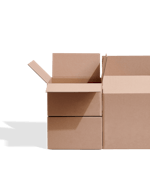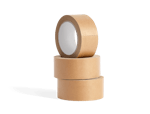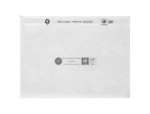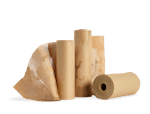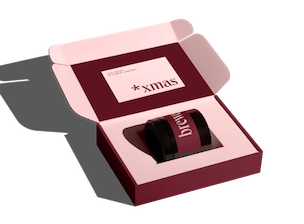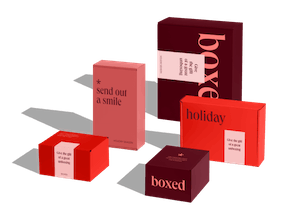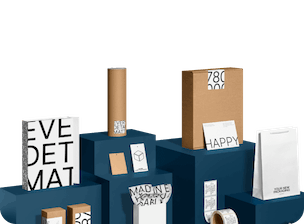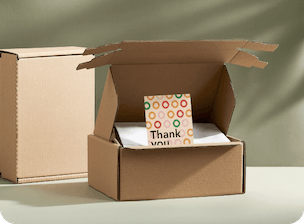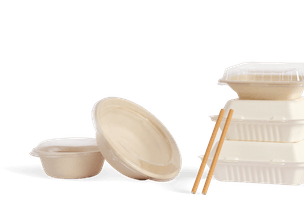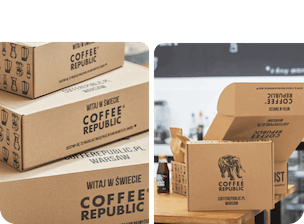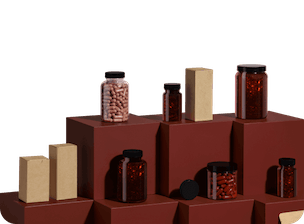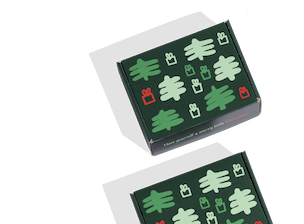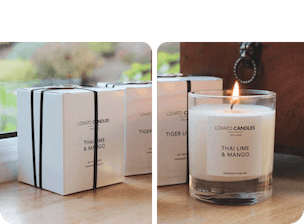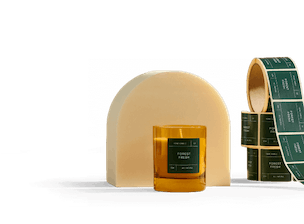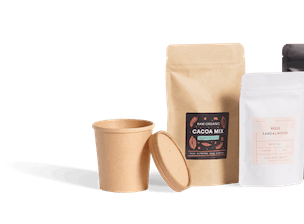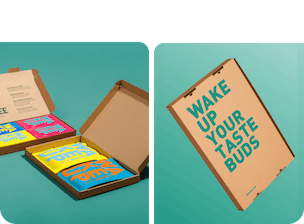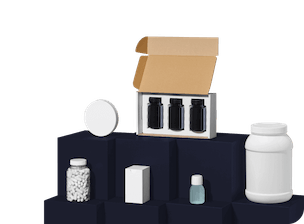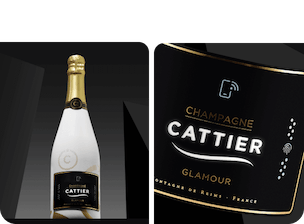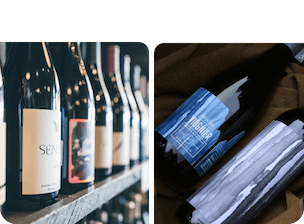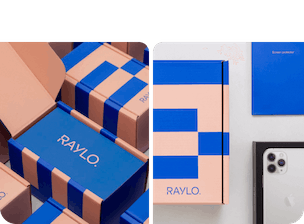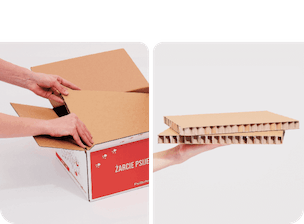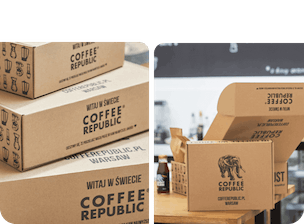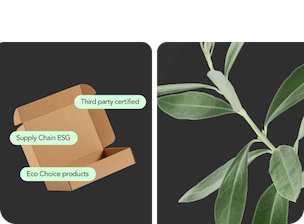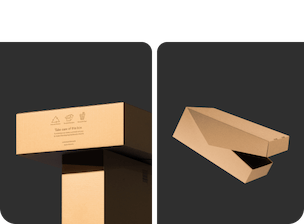Shop flexible packaging
Made from non-rigid materials, flexible packaging is designed to tightly and safely pack food products, dietary supplements, cosmetics and more.
Category
All
BoxesMailersAccessoriesFlexible PackagingBagsEnvelopesTubesFood packagingFillersContainersLabels & StickersSamples🎁 Holiday Delivery Times
Any
4 days
6 days
Within 3 weeks
Product Type
Any
Customisable
Stock
Bundle
Industry
Any
In-store
Food Packaging
Apparel & Fashion
Home & Gift
Art prints & Stationery
E-commerce
Electronics
Supplements
Sustainability
Collections
Function
8 products
Shop by needs
Bakery boxes
Book packaging
Boxes for clothes
Boxes for electronics
Boxes for jewelry
Boxes for shipping
Boxes for subscription
Boxes with lid
Brown Postal Boxes
Candle packaging
Cardboard boxes
Carton boxes
Chocolate packaging
Christmas packaging
Coffee packaging
Cosmetics packaging
Cupcake boxes
Custom boxes with logo
Custom corrugated boxes
Custom printed boxes
Custom Printed Cardboard Boxes
Custom size boxes
D2C packaging
Die cut boxes
Drink packaging
E-commerce boxes
E-commerce packaging
Eco-friendly packaging
Flower packaging
Folding boxes
Food & takeaway packaging
Food delivery bags
Garment packaging
Invitation boxes
Kraft boxes
Large cardboard boxes
Letter boxes
Luxury gift boxes
Luxury packaging
Mailing boxes
Papers
perfume boxes
Plain boxes
Plastic-free packaging
Postage bags
Postal boxes
Premium packaging
Presentation boxes
Printed Tape
product boxes
Protective packaging
Rectangle gift boxes
recyclable packaging
Retail packaging
shipping boxes
Shoe boxes
Small cardboard boxes
Soap packaging
Sock packaging
Square cardboard boxes
Stickers & labels
Watch boxes
Welcome packs
White cardboard boxes
FAQ
What is flexible packaging?
Flexible packaging comprises non-rigid materials that can tightly envelop products, resulting in minimized space and weight. This characteristic makes it an efficient and sustainable packaging, requiring less material and occupying less space in the supply chain, distribution network, and environment. Packaging typ include doypacks, also called stand-up pouches, sachets, and heat-sealed bags.
What type of materials are used?
Flexible packaging options are intended to prolong the lifespan of your products by utilizing superior sealing techniques and high-grade materials. These can be fashioned from a wide array of packaging materials that provide protection against UV radiation, oxidation, and humidity. Examples of these materials are kraft paper, BOPP film, aluminium (ALU), standard PE (Polyethylene) plastic, PP (Polypropylene), and PET (Polyethylene terephthalate) thermoplastic, as well as bio-based films like Nativia (NTSS) and NatureFlex cellulose film. These materials can be combined to produce a multi-layered material. A kraft paper exterior can be matched with a PET or aluminium lining to make the packaging safe for food consumption and to maximize its shelf life.
What is it used for?
Doypacks and stand-up pouches have gained significant traction in various industries, especially among tea and coffee brands. It is also highly suitable for a broad range of products, including health and beauty items such as scrubs, shampoo, lotions, liquid soap, and other cosmetics, making it a perfect choice for refills. Additionally, it is ideal for supplements like vitamins, oil capsules, protein powder, and other similar products. It is also a great option for food and beverage items like fruits, nuts, cereals, dairy products, herbs, spices, cured meat, smoothies, juices, and even frozen food. It is equally suitable for packaging pet food, whether dry or wet.
How are they sealed and opened?
There are many ways to seal and open these pouches and bags, including screw caps, zip-lock, heat-sealing or a mix of them all.
How does flexible packaging compare in cost to traditional packaging?
While the exact cost can vary based on customisation and quantity, flexible packaging can be cost-effective due to reduced material usage and shipping costs.










